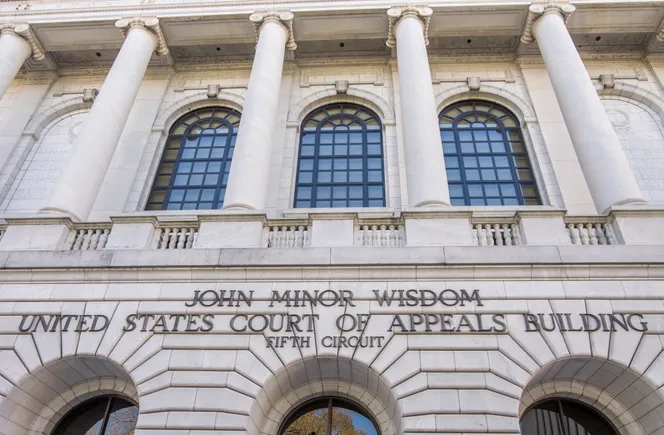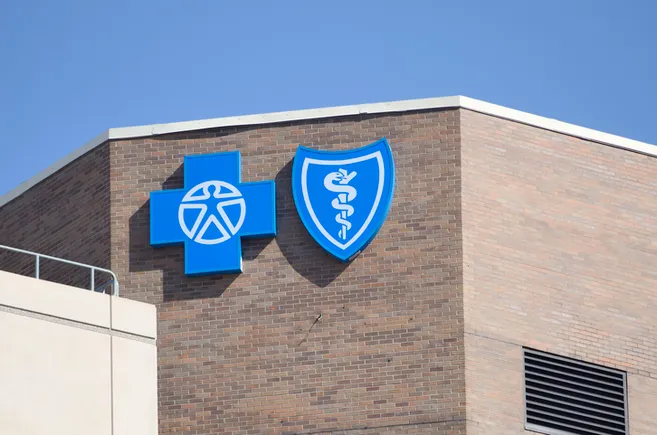Alternative dispute resolution, a process by which a neutral third party helps parties reach an agreement without litigation, is more successful during the pre-complaint stage compared with the formal EEO complaint stage, according to an analysis released Wednesday by the U.S. Equal Employment Opportunity Commission.
The study looked at three years of complaint data, from fiscal year 2019 to fiscal year 2021, using Form 462, which tracks EEO complaint activity at federal agencies through each stage in the complaint process: pre-complaint, formal complaint, investigations and closure. It included data on 3.1 million federal employees.
All federal agencies are required to have an ADR program that is “voluntary, confidential, enforceable, and led by a neutral person,” EEOC explained in a media release.
During the pre-complaint stage, agencies offered ADR in 87.8% of counselings and accepted it in 55.5% of counselings. Comparatively, agencies offered ADR during the complaint stage in 17% of closures and accepted it in 6.4% of closures.
While the ADR process is described as “fair,” EEOC found that complainants were significantly less satisfied with the process than responsible management officials — the agency officials identified as responsible for the complainant’s allegations.
The two parties “often had opposite perceptions” of the ADR process, EEOC said. Forty-six of the 72 complainants surveyed expressed dissatisfaction with the ADR process, while nearly all — 22 of 23 — responsible management officials indicated satisfaction.
In addition, 41 of the 72 complainants said they were considering leaving their agency in the next year, with retaliation for participating in the ADR process being a top reason for that choice.
Based on its findings, EEOC recommends federal agencies provide training and education on the ADR process to employees and managers; keep participants informed of the procedural steps throughout the ADR process; and create a tool to collect feedback after the mediation process to assess fairness.
“Workplace disputes are always best resolved early,” Dexter Brooks, EEOC associate director for federal sector programs, said in a statement. “Federal ADR programs have proven successful, especially when professionally handled. We hope this report will provide some tips for federal agencies and workers.”






Leave a Reply